Since the beginning of the twentieth century, cinema has influenced social consciousness in India. Like printing and photography, which had exerted a formative influence on power, information and knowledge before it, cinema has influenced millions of people in a myriad ways.
It is a well known fact that cinema, and its cousin television, comprise a media which is central to the self-perception of contemporary Indians. Indeed, it would not be wrong to say that the visual representations of social realities in this media shape popular mentality in a country with an old, influential and thriving film industry. In sum, being Indian today is often expressed in the idiom popularized by Hindi cinema and television.
This book offers a historical understanding of the Indian Audio-Visual media. It asserts that the media is essential to the bourgeois domination of a system in which democracy normally does not work for the poor. This book narrates the history of Indian cinema while simultaneously examining the histories of the Indian nation portrayed in this cinema. It analyses how and why modern visual narratives became an instrument of bourgeois hegemony in colonial and post-colonial India. This tightly written volume examines and deconstructs the relationship between fact and fiction, history and imagination, nationalism and communalism, nation and gender, history and war, media and mentality and cinema and social identities.

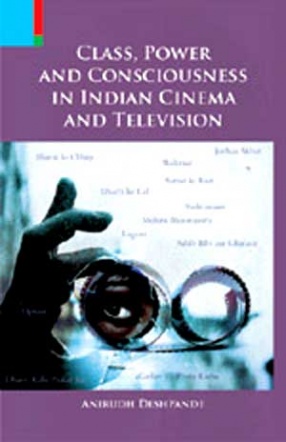
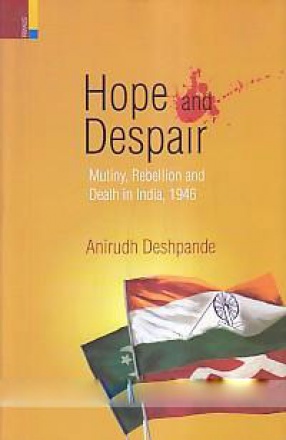


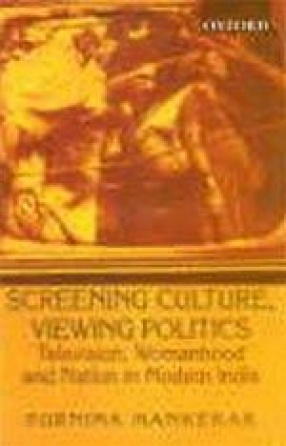
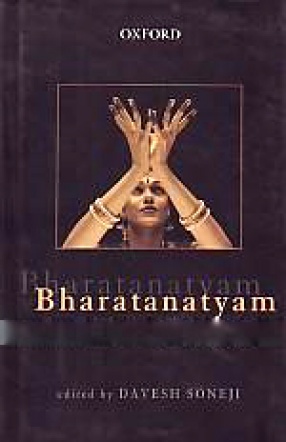
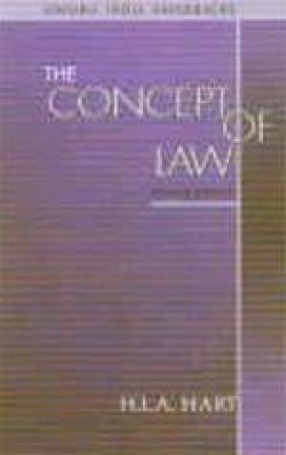
There are no reviews yet.